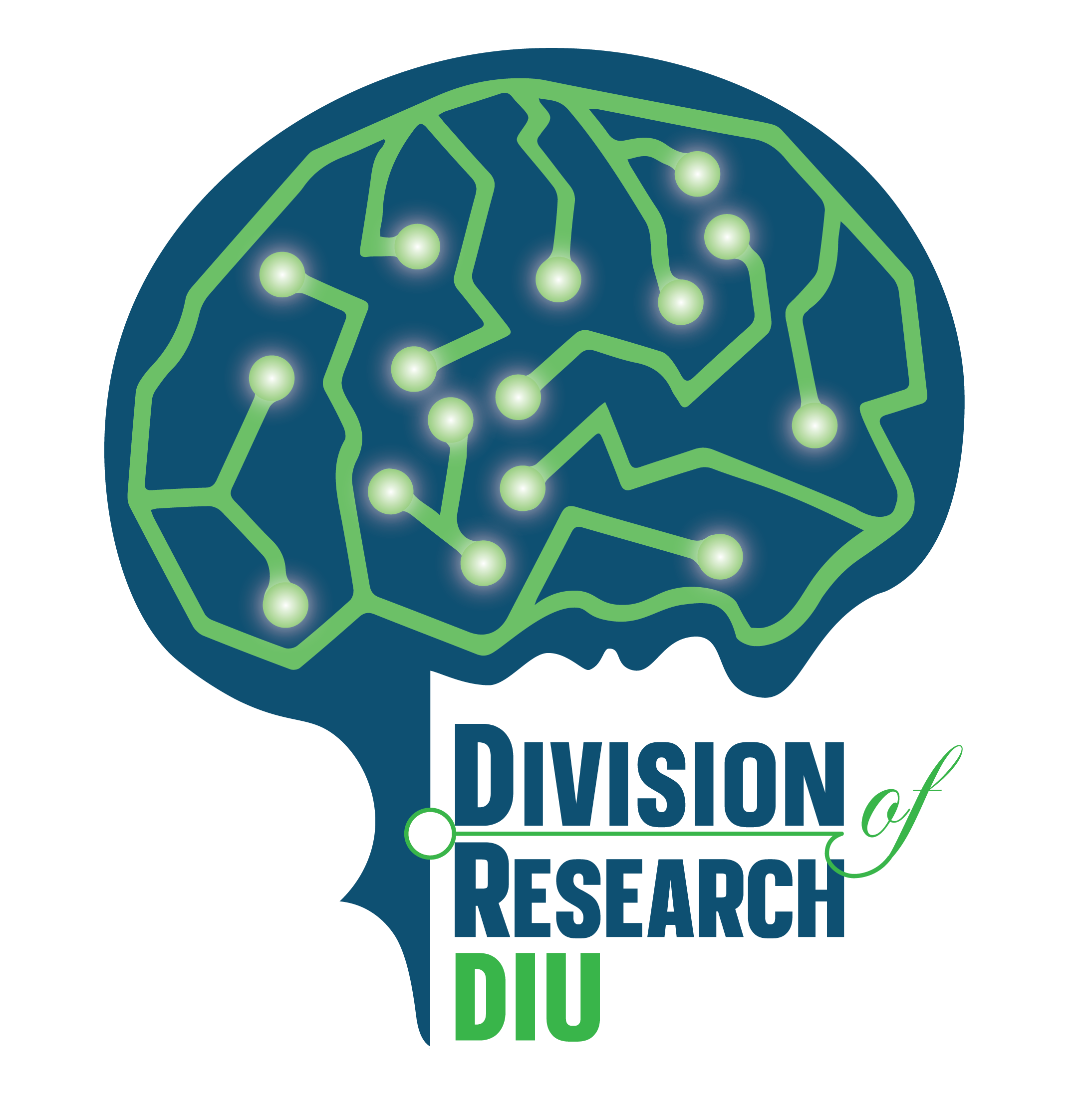Paper Details
- Title
- Network-Derived Radioresistant Breast Cancer Target with Candidate Inhibitors from Brown Algae: A Sequential Assessment from Target Selection to Quantum Chemical Calculation
- Author
- , Talha Bin Emran,
- Abstract
-
Despite significant progress in early detection and treatment, a few aggressive breast cancers still exhibit resistance to therapy. This study aimed to identify a therapeutic target for radioresistant breast cancer (RRbc) through a protein network from breast cancer genes and to evaluate potent phytochemicals against the identified target. Our approach includes the integration of differential expression genes from expression datasets to create a protein network and to use survival analysis to identify the crucial RRbc protein in order to discover a therapeutic target. Next, the phytochemicals sourced from brown algae were screened through molecular docking, ADME (absorption, distribution, metabolism, and excretion), molecular dynamics (MD) simulation, MM-GBSA, and quantum mechanics against the identified target. As a result of our protein network investigation, the proto-oncogene c-KIT (KIT) protein was identified as a potent radioresistant breast cancer target. Further, phytochemical screening establishes that nahocol-A1 from brown algae has high binding characteristics (−8.56 kcal/mol) against the KIT protein. Then, quantum chemical analysis of nahocol-A1 provided insights into its electronic properties favorable for protein binding. Also, MD simulation comprehends the conformational stability of the KIT–nahocol-A1 complex. Overall, our findings suggest nahocol-A1 could serve as a promising therapeutic candidate for radioresistant breast cancer.
- Keywords
- primary breast cancer; radioresistant breast cancer; protein network; brown algae; nahocol-A1
- Journal or Conference Name
- Marine Drugs
- Publication Year
- 2023
- Indexing
- scopus

